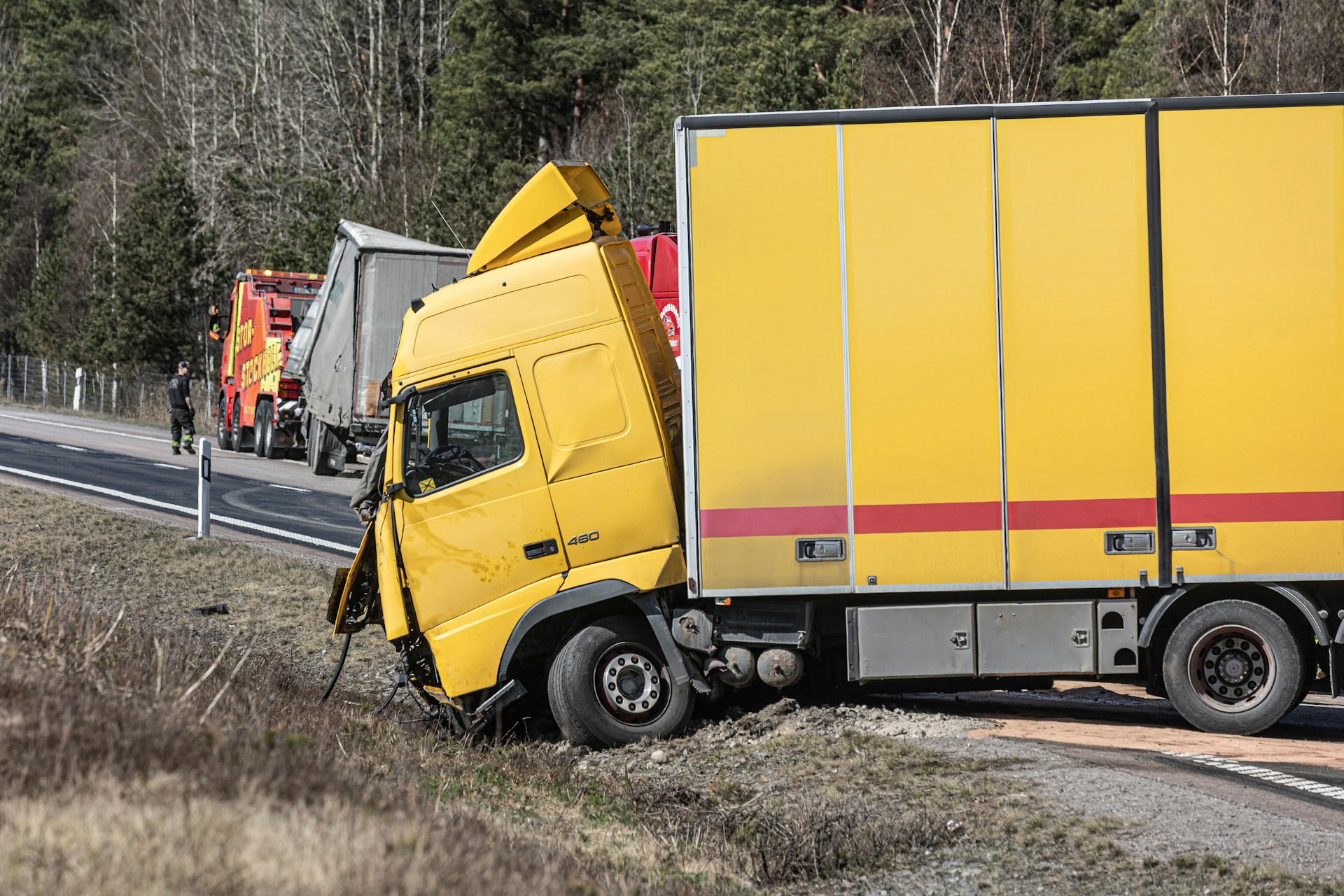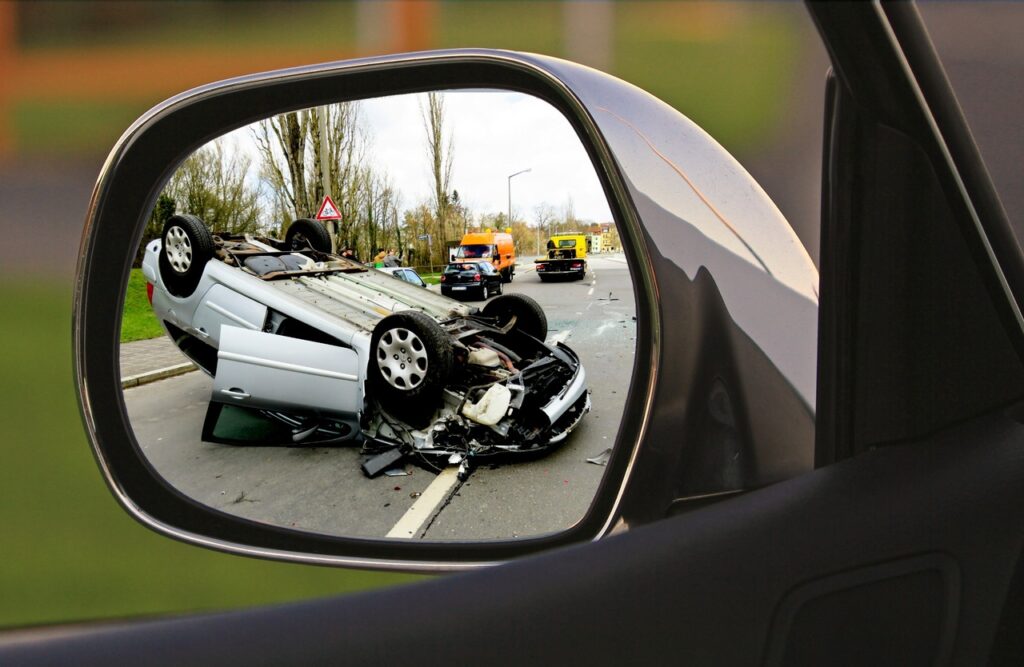Now Reading: From Black Boxes to Dashcams: How Tech Is Transforming Truck Accident Litigation
-
01
From Black Boxes to Dashcams: How Tech Is Transforming Truck Accident Litigation

From Black Boxes to Dashcams: How Tech Is Transforming Truck Accident Litigation
In today’s data-driven world, trucking accidents are no longer reconstructed solely through eyewitness accounts or skid marks—they’re decoded through black boxes, dashcams, and satellite telemetry. As commercial vehicles evolve into rolling data centers, the way attorneys litigate truck accident cases is undergoing a seismic shift.
What once hinged on human testimony now rests on digital evidence—sensor logs, GPS timestamps, and telematics. This tech revolution can be a game-changer for justice, but it also brings new layers of legal complexity, especially in Florida, where freight corridors are congested, and truck accident rates remain high.
The “Smart” Tech Behind Truck Accident Cases
When a commercial truck is involved in a serious crash, there’s more than just vehicle damage and injuries to consider. Digital devices often hold the key to determining fault, liability, and compensation.
1. Electronic Logging Devices (ELDs)
Mandated by the FMCSA since 2017, electronic logging devices (ELD) automatically track a driver’s hours of service, breaks, and route history. They’re crucial in cases involving fatigue or overwork, where they can confirm whether the company violated federal driving limits.
Example: In many cases, ELD data has exposed falsified logs, turning minor claims into seven-figure settlements.
2. Dashcams (Inward- and Outward-Facing)
These increasingly standard tools record real-time visuals of the road and driver behavior. They provide crucial context—Did the truck driver react appropriately? Was there reckless driving from the other party?
In several Florida cases, dashcams have cleared truck drivers wrongly blamed after sudden cut-offs or brake-checks by other vehicles.
3. Event Data Recorders (EDRs, aka “Black Boxes”)
EDRs log technical data like speed, braking, gear changes, and steering input seconds before and after a crash. Over 96% of commercial trucks now have EDRs installed, according to the NHTSA.
This digital trail often reveals whether a driver had time to react, or failed to brake at all.
Why Florida Is Ground Zero for Tech-Based Truck Litigation
Florida’s highways, including I-95, I-4, and I-75, are some of the busiest commercial corridors in the country. With major shipping hubs like Miami and Jacksonville, the volume of freight traffic is immense, and so are the legal risks.
In 2024 alone, the Florida Department of Highway Safety and Motor Vehicles (FLHSMV) reported over 32,000 large truck crashes, many resulting in injury or death.
But here’s the catch: While Florida law permits broad discovery in civil litigation, trucking companies rarely hand over data without a fight. Many deploy “rapid response teams” to crash sites—sometimes within hours—to secure vehicles, remove black boxes, and limit access to damaging evidence.
That’s why early legal intervention is critical. Working with a tech-savvy Orlando truck accident lawyer ensures digital evidence is preserved and presented properly in court.
When the Data Flips the Narrative
Real-world examples show just how powerful tech-based evidence can be:
- Case 1: Dashcam Defense: A truck driver was blamed for drifting into oncoming traffic in a fatal crash. But dashcam footage revealed the other driver veered into his lane. The EDR confirmed the trucker braked within two seconds. The lawsuit was dismissed.
- Case 2: ELD Disclosure: A Tampa logistics company denied that their driver broke any rules. But subpoenaed ELD data showed the driver exceeded service hours three days in a row. The company settled for $1.2 million once the logs were presented in court.
These examples underscore the power of digital evidence to reshape fault, strengthen injury claims, or completely dismantle them.
Legal Challenges in the Age of Trucking Tech
Even with strong data, navigating tech-based cases isn’t always straightforward. Common hurdles include:
- Proprietary formats that require specialized tools to decode
- Data tampering or deletion by negligent or evasive parties
- Chain of custody issues that may render data inadmissible
This is where legal expertise must intersect with technical fluency. Today’s attorneys often work with forensic experts to extract, authenticate, and explain truck telemetry to judges and juries.
Final Word: Data Wins Cases, But Only If You Move Fast
Truck accident litigation in Florida is evolving, and fast. Traditional legal tactics now share space with algorithms, timestamps, and hard drives. For victims and families, that means acting quickly is more important than ever.
If you’ve been injured in a truck accident, you need more than a lawyer, you need a litigation team that understands the digital landscape and can secure the critical data before it disappears.










